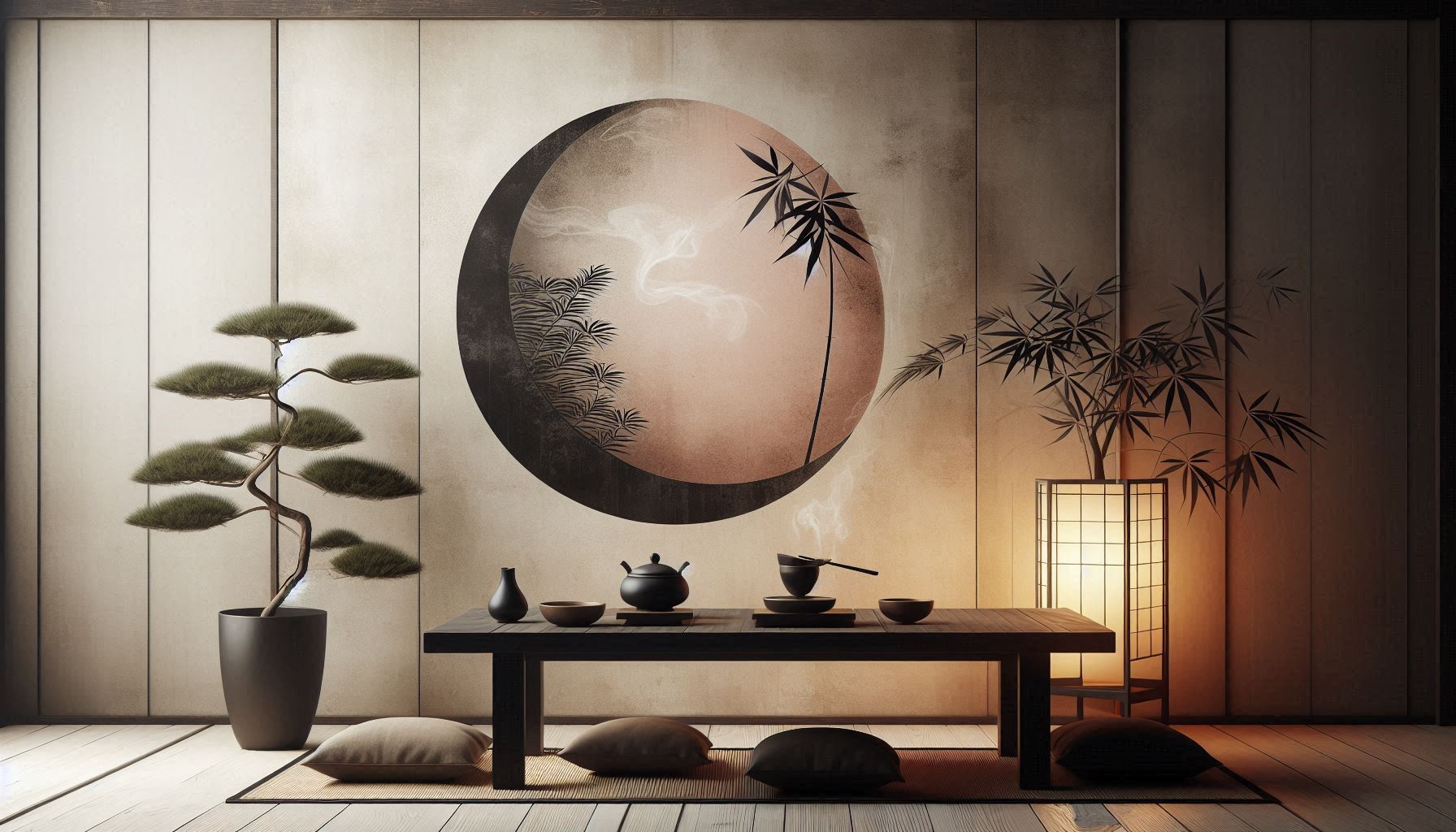Case Study: How Japanese Zen Aesthetics Influence Modern Minimalism

Japanese Zen aesthetics have significantly shaped modern minimalism, emphasizing simplicity, harmony, and the beauty of natural elements. Rooted in traditional Zen philosophy, this aesthetic promotes a serene and clutter-free environment, fostering a sense of balance and mindfulness in interior design.
Key Principles of Japanese Zen Aesthetics in Modern Minimalism
1. Simplicity and Functionality
Zen design values the idea of “less is more,” favoring clean lines, uncluttered spaces, and purposeful furniture arrangements. This aligns with modern minimalism, where every element serves a function and excessive ornamentation is avoided.
2. Natural Materials and Neutral Colors
Traditional Zen spaces incorporate wood, stone, and paper to create a connection with nature. Modern minimalist interiors adopt these materials, along with neutral color palettes, to establish warmth and tranquility.
3. Open Spaces and Light
Shoji screens and open floor plans in Japanese interiors allow for fluid movement and natural light penetration. Modern minimalism follows this principle by maximizing open spaces and using large windows to enhance natural lighting.
4. Integration of Nature
The Zen concept of “wabi-sabi” appreciates imperfection and natural beauty. Minimalist interiors embrace this idea through indoor plants, organic textures, and an emphasis on asymmetry in design.
5. Decluttering and Mindfulness
Zen philosophy promotes mindful living by eliminating unnecessary distractions. Modern minimalism adopts this approach by encouraging intentional design choices and organization strategies that enhance mental clarity.
Real-World Applications
• Architecture: Modern homes incorporate Zen-inspired gardens, tatami mat arrangements, and sliding doors to reflect Japanese simplicity.
• Interior Design: Designers use neutral tones, wooden accents, and minimal decor to achieve a calming ambiance.
• Workspaces: Minimalist offices inspired by Zen principles emphasize order, simplicity, and a stress-free environment.
Conclusion
The influence of Japanese Zen aesthetics on modern minimalism extends beyond design—it fosters a lifestyle of mindfulness and intentionality. By embracing Zen-inspired minimalism, contemporary spaces achieve a harmonious balance between aesthetics and function, creating environments that nurture well-being and tranquility.






